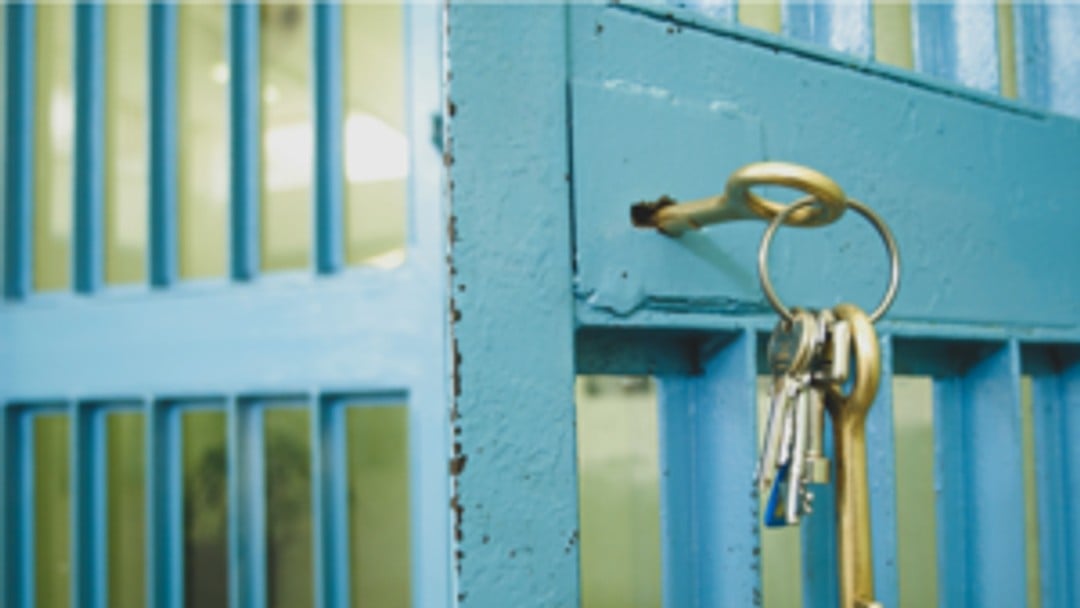Declining standards in young offender institutions

By Law News
A joint review reveals worsening education quality in young offender institutions, leading to increased isolation and poor outcomes
A joint review by Ofsted and His Majesty’s Inspectorate of Prisons (HMIP), published on 2 October 2024, has raised serious concerns regarding declining standards in young offender institutions (YOIs). Over the past decade, these facilities have witnessed a troubling reduction in both the quality and quantity of education offered to children, leading to detrimental impacts on their rehabilitation.
“The system is failing them.”
Sir Martyn Oliver, Ofsted’s Chief Inspector of Education, expressed deep concern over the findings, stating, “The children in these institutions are entitled to a high-quality education that supports them to turn their lives around.” He highlighted the troubling issue of children spending extended periods in isolation, which further diminishes their chances of becoming successful and productive citizens after their release.
The review reveals that YOIs are struggling to manage challenging behaviour among the young offenders, resulting in many children being kept isolated. In some cases, children are allowed as little as half an hour a day outside their cells, a stark contrast to the institution's objective of providing at least 15 hours of education per week.
“Education in our YOIs needs to be prioritised,” remarked Charlie Taylor, HMIP’s Chief Inspector. He pointed out that these children often have troubled backgrounds, many having experienced care and disrupted education before entering custody. Charlie Taylor emphasised, “Their time in custody ought to represent a golden opportunity to address that through consistent interventions and support.”
Despite this potential, the review found that educational opportunities have been steadily declining, with access to work experience also severely limited. One major factor contributing to the poor quality of education is staff’s inability to effectively manage the complex behaviours of the children. The lack of effective behaviour management strategies results in children being isolated from their peers, further restricting their educational access.
The findings indicate that the time children spend out of their cells has sharply decreased, leading to inadequate educational engagement. Inspectors identified poor leadership and insufficient collaboration between education providers and YOI leaders as significant barriers to improving the situation.
The report offers several recommendations to address these issues. It stresses that the amount of time children are kept in isolation should be significantly reduced and that their attendance at educational activities must be prioritised. Additionally, the report calls for the recruitment of appropriately qualified teaching staff who are equipped to support the children's educational progress effectively.
As the report concludes, it underscores the urgent need for systemic changes in YOIs to ensure that young offenders receive the support they require to break the cycle of crime and lead successful lives after release.

